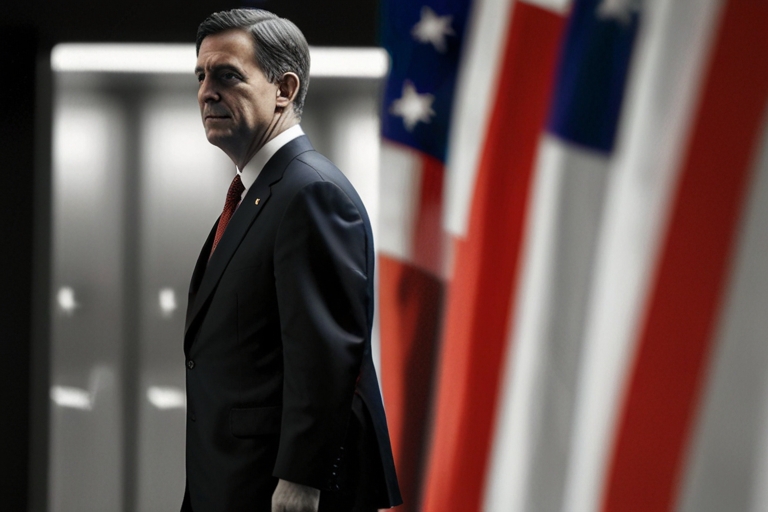It is one of the economic aspects that are of great concern to economists, investors and policymakers in the complicated link between politics and the market in 2024. The reason for this is that political factors play a significant role in the stock markets and cause to change the confidence of the investors on the stock market, markets stability and economic performance.
Politics is disruptive to the economy in many ways, but one of the main ways politics can affect the market is through the regulatory process. States establish legal guidelines which may pertain to different aspects of the operations of any enterprise; for including legal restrictions on environmental pollution and labor rights. Others have been controversial and either helped or hindered businesses. For instance, tighter regulations on elements in the environment may drive up the cost of doing business for some companies, while the opposite can be achieved by the de-regulation which relieves the constraint on companies.
Government expenditures and taxation are other critical economic measures. Fiscal policy measures like tax cuts can lead to higher economic activity since they directly increase the purchasing power and the investing capacity of the buyers and the firms respectively. Quite opposite is true as well; higher taxes may decrease the rate of economic growth due to reduction in disposable income and lowering of company’s profit. Expansions in infrastructure, education, and health care also contribute to the enhancement of economic growth through incurring employment and boosting the effectiveness base.
Law and order and political and economic stability are crucial, as are international relations. The last frontier of the political environment includes incidences like elections or tensions in the region that can cause market instability. Stock exchanges currently rely most on the political cycle for market indices to rise or fall in response to investors’ risk and perceived opportunities. International agreements bring a lot of confidence in the markets due to facilitation of trade while tariffs and trade wars result in market disruption.
In closing, there is no question that politics impacts the market in a number of ways including the impact of regulatory policies, fiscal decisions and geopolitics. These connections are very important to help the investors and business establishments in understanding the intricacies of international business. With so many changes occurring in various political structures, the effect it has on the market will still be a key area of interest.

